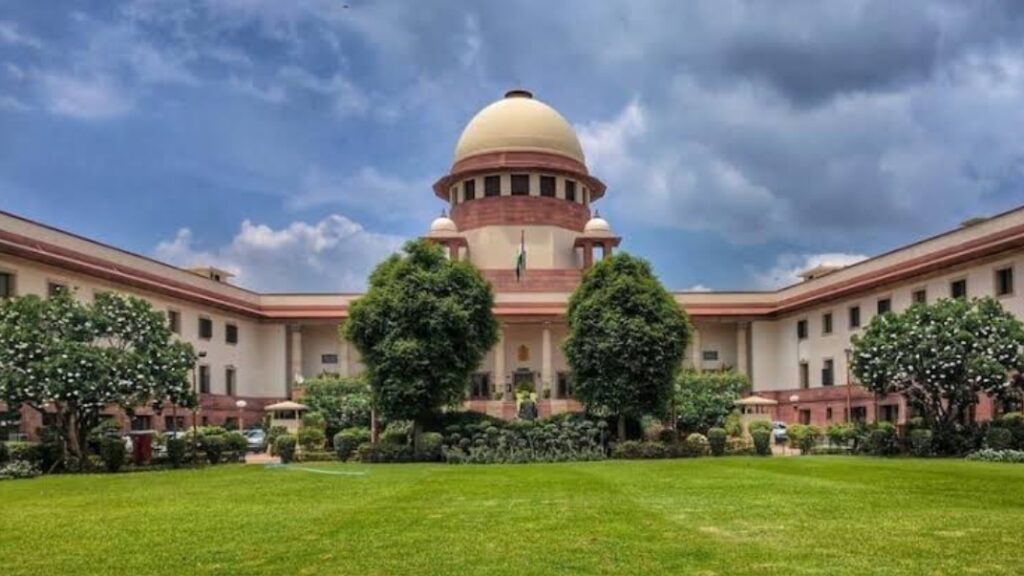The Supreme Court on Wednesday continued hearing the high-stakes Goods and Services Tax (GST) dispute involving online gaming companies like Gameskraft. On Day 12 of the proceedings, senior advocate Tarun Gulati presented arguments on behalf of two leading gaming platforms, challenging the retrospective imposition of GST prior to the 2023 amendments.
Gulati emphasized that before 2023, online gaming — including games of skill, gambling, and betting — was recognized and taxed as a service under specified HSN codes. He argued that this established classification remained valid until the law was amended.
He further clarified that the Customs Tariff Act did not list actionable claims in online gaming as goods. According to him, this absence indicated the legislative intent to treat such claims as services, not goods, prior to the 2023 revision of the law.
Challenging Rule 31A(3) and Section 74 Show Cause Notices
Highlighting procedural flaws, Gulati contested the validity of Rule 31A(3) of the CGST Rules, arguing it went beyond its delegated authority. He said the rule lacked a direct link with the transaction value or price actually paid by the players. “Rule 31A was framed under general rule-making powers, not under Section 15(5), which deals with transaction valuation,” he asserted.
Additionally, Gulati questioned the use of Section 74 of the CGST Act to issue show cause notices for alleged tax evasion. He claimed that invoking provisions meant for cases involving fraud or suppression was inappropriate, especially when the GST Council itself had debated the issue over time. “Prolonged deliberations at the highest levels prove that there was no deliberate suppression,” he submitted.
Hearing Adjourned to July 15 After Summer Break
With arguments expected to continue post-summer vacation, the Supreme Court has scheduled the next hearing for July 15, 2025.
Earlier Proceedings: Salve and Datar Defend Online Gaming Platforms
In the previous sessions, senior advocates Harish Salve and Arvind Datar made compelling arguments in favor of the gaming industry. Salve argued that online gaming does not fall under the category of “actionable claims” subject to GST under Rule 31A, especially before the 2023 legal changes.
Datar supported this view, noting that fantasy sports platforms such as Dream11 have already been recognized as skill-based games. He highlighted that these platforms are GST compliant under the current rules and flagged inconsistencies in how tax authorities have treated the matter retrospectively.
Conclusion
As the case progresses, it remains pivotal in determining how online gaming services will be taxed in India. The verdict could have significant implications for the future of the digital gaming economy and the interpretation of service classifications under GST law.

